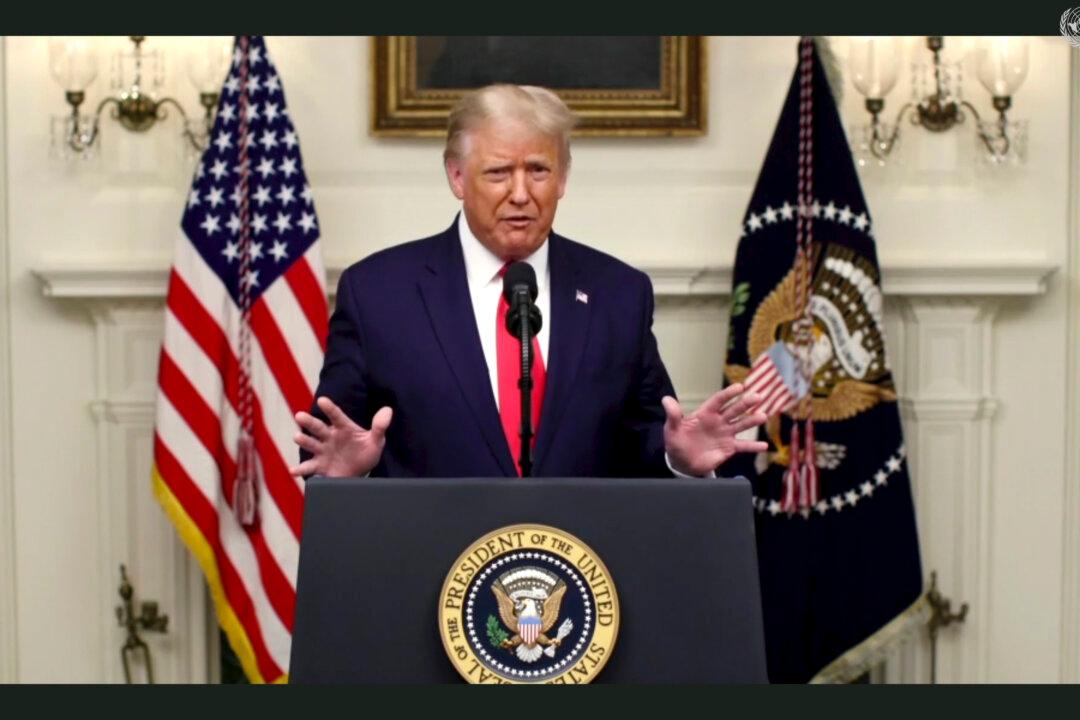In his address to the United Nations on September 22, U.S. President Donald Trump contrasted the United States’ environmental record with that of the world’s largest polluter, China.
“Every year, China dumps millions and millions of tons of plastic and trash into the oceans, overfishes other countries’ waters, destroys vast swaths of coral reef, and emits more toxic mercury into the atmosphere than any country anywhere in the world,” Trump said.





